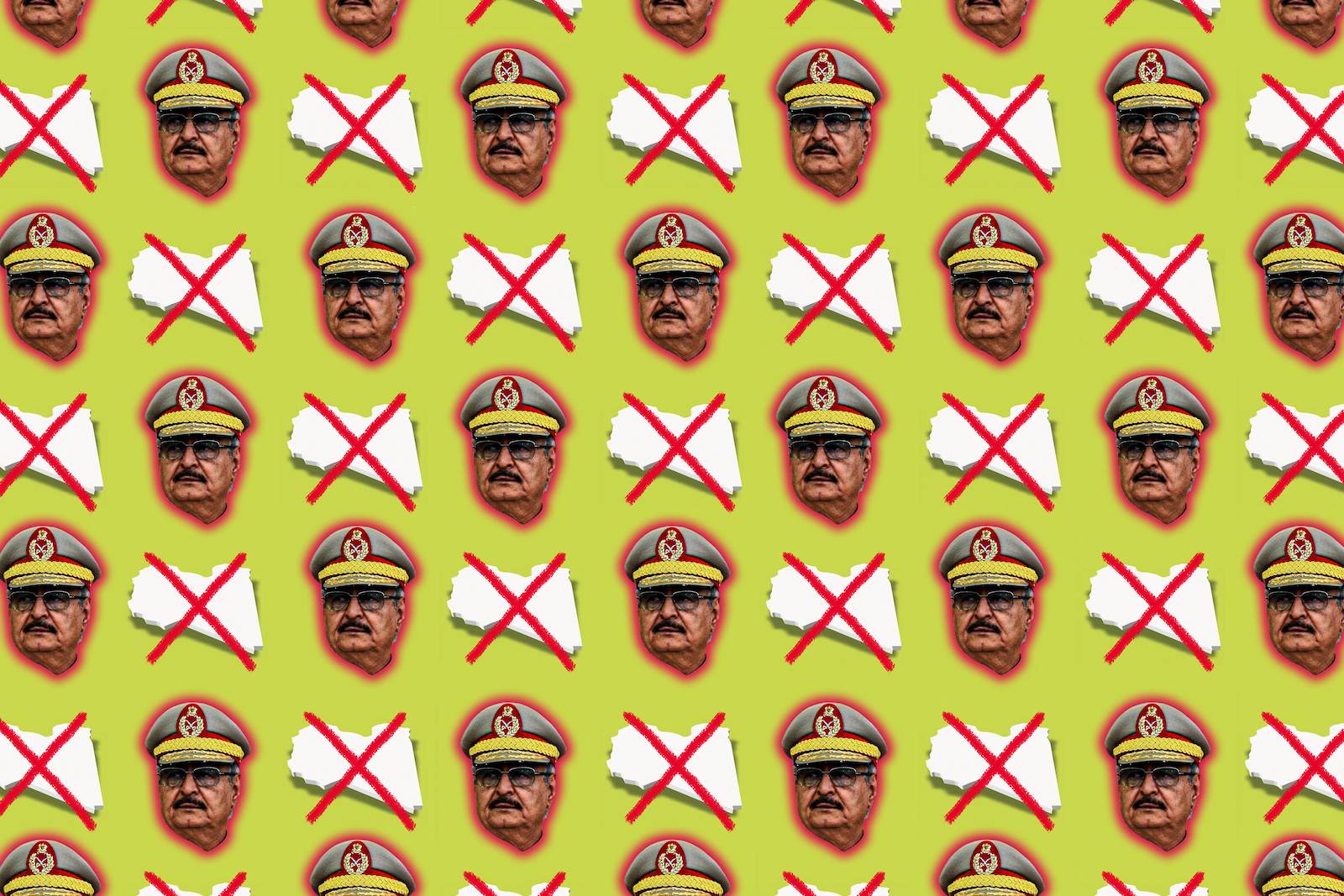
A Unified Libya is Unrealistic
Politicians, experts, and Libyans have been increasingly speaking of all the problems that come from attempts to keep Libya a centralized country with a unified government.
That view seems to be the most reasonable at the moment for several reasons. Talks about the division of Libya into three regions (Tripolitania in the northwest, Cyrenaica in the east, and Fezzan in the southwest) have been a persistent theme since the overthrow of Muammar Qaddafi in 2011.
Since Qaddafi’s overthrow, the country was essentially partitioned into two parts. Libya has two independent governments, two central banks, two different militaries, and almost all the authorities in the country exist in duplicate. Attempts to unite at least the central bank have failed more than once, and the warring parties cannot come to an agreement on unification.
Disagreements between the country’s governments has led to deteriorating living standards, increasing rates of poverty, and the deaths of thousands of Libyans. It is worth remembering that it was the inability of the Government of National Accord (GNA) in western Libya and the House of Representatives together with Khalifa Haftar in 2019 that led to a bloody war near Tripoli. The current Government of National Unity and the House of Representatives also failed to agree on holding full and credible presidential and parliamentary elections.
It is the inability of the warring factions to conduct a dialogue that discredits the idea of a unified Libya, persistently promoted by the international community and its attempts to create a unified government in the country.
The problem of oil fields and their regular blockade in Libya, and hence the disruption of supplies and the deterioration of the global oil situation, can also be solved by a divided Libya.
At the same time, the persistent desire of the West to the holding of elections which would lead to the creation of a centralised government, has triggered unrest. The first weekend of July across Libya was marked by unprecedented protests, during which protestors burned several government buildings, including the House of Representatives in the east of the country. The protesters marched with slogans blaming the authorities of both governments for the existing problems throughout Libya.
However, Libyans took to the streets not only because of dissatisfaction with the current situation. Judging by the numerous calls for protests on social media, the West also contributed to this.
In an effort to establish its own unified government in Libya, Western powers appear to have deepened the contradictions between the population of different parts of the country to such an extent that further unrest is an inevitability.
But if the aim is to successfully establish peaceful life for all Libyans, the division of Libya may be required. Thus, each newly created state will be able to take care of their own citizens in their own territory and create a better standard of living for all Libyans.
The division of Libya will put an end to the conflict of interests not only between internal actors, but also external ones, whose interference in Libya has destroyed much of the country. Such an outcome could bring much-desired peace and stability throughout Libya.

